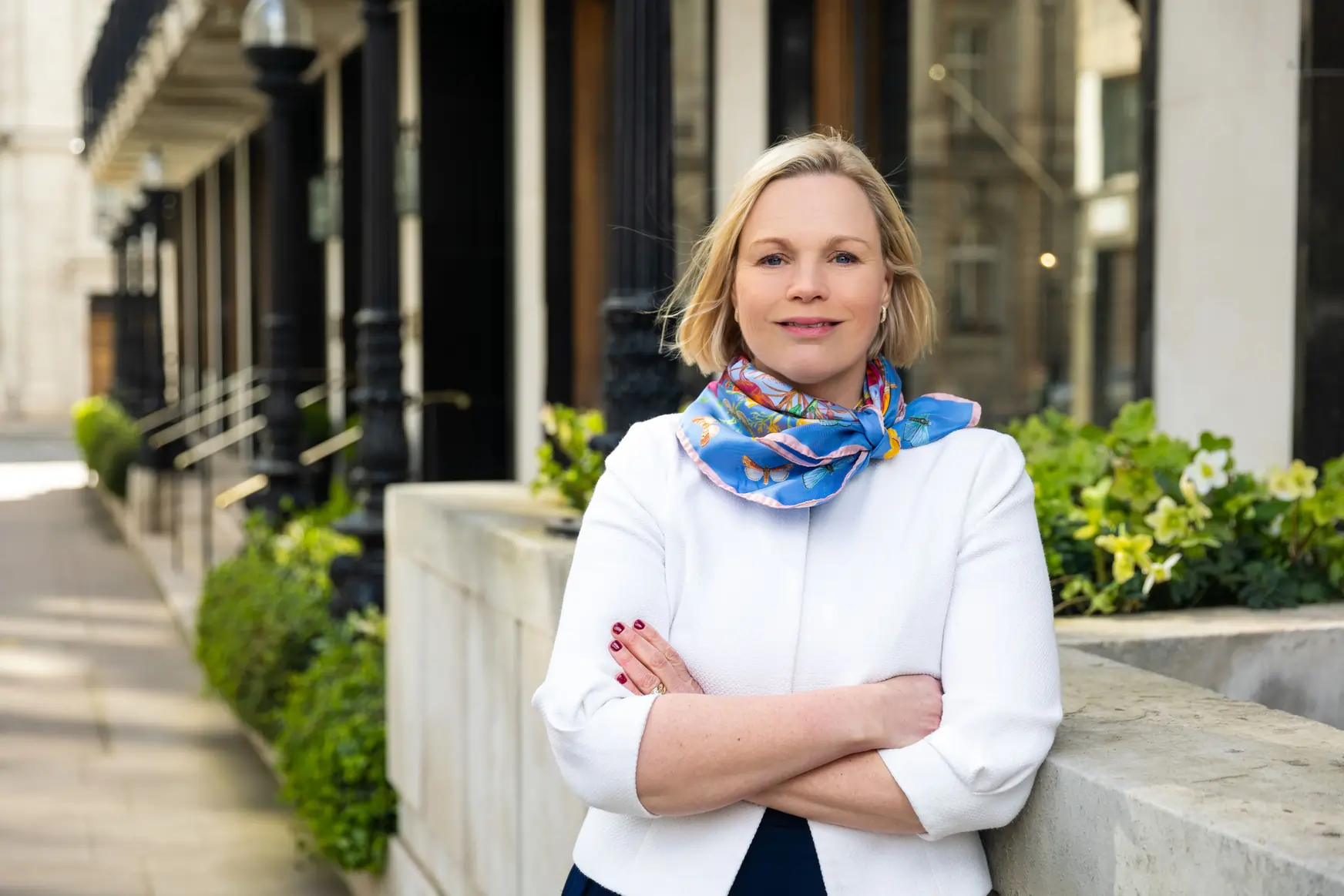Taking businesses on a transformational journey

Good sustainability strategies are focused, mobilise stakeholders to act, and most importantly, deliver results, says Nicola Stopps, CEO of Simply Sustainable
Over the past decade, Simply Sustainable has developed corporate sustainability strategies for some of the biggest brands in the world. We like to think that, along the way, we have learned a thing or two about what makes a robust sustainability strategy. As sustainability continues to move up the boardroom agenda, propelled by the triple forces of increased regulation, stakeholder concern and public anxiety, having a robust sustainability strategy is no longer optional. The need for business to be a force for good has never been stronger – nor has the business case been clearer.
However, transformation of the pace and scale required needs a systemic and strategic approach. A credible sustainability strategy will help steer your company through challenging times and help both mitigate the risks and capitalise on the opportunities that lie ahead. But for it to be effective, it must be robust enough to withstand the scrutiny of your most demanding stakeholders and ambitious enough to drive meaningful, demonstrable change. Robust corporate sustainability strategies are those that leverage the unique strengths of a business to affect meaningful change, either through mitigating negative impacts or making a positive contribution. At Simply Sustainable we believe that the following characteristics are hallmarks of a robust sustainability strategy:
A strategy that is unique to the business
Your sustainability strategy must be unique to the business and brand, whilst ensuring that it is also closely in-step with your commercial strategy. Ensuring that your sustainability strategy is instep with your commercial strategy is essential. Stakeholders are increasingly distrustful of corporate claims, especially when there is no obvious link back to the core purpose of the business.
Listening to stakeholders
In a time of unprecedented pace of change, companies need to be alert and responsive to the evolving popular attitudes that will inevitably impact on their business, and that can only be achieved by actively and regularly listening to stakeholders.
Materiality is the process through which a business decides where to focus its sustainability efforts. When used correctly, it can be a powerful listening tool which can help set the foundations for companies to move from incremental to transformative approaches to corporate sustainability. However, in our experience, materiality is often underused, undervalued and poorly designed. A business must actively and routinely listen to stakeholders to ensure the company is alert and responsive to evolving attitudes and beliefs.
Aligning commercial risks and opportunities
In the same way that a robust sustainability strategy should be aligned to corporate purpose and goals, in order for it to be suitably ambitious, it should also be proportionate to the scale of the problem, the scale of the company’s impacts, and the expectations of key stakeholders.
Many companies miss the opportunity to align their sustainability strategy with their commercial strategy. At best this can present a lost opportunity for innovation and improved performance, but at its worst, it can leave stakeholders sceptical of the company’s claims to responsible and sustainable business.
The commercial strategy must be closely aligned with all relevant sustainability risks, and opportunities need to be formally assessed. A robust sustainability strategy also helps to highlight where values, policies and practices may be causing negative externalities and potentially creating reputational risk.
Suitably ambitious
All goals must be proportionate to the scale of the problem, the company’s impacts, and the expectations of key stakeholders.

A transformational mindset
It is important to set truly transformational objectives and goals to replace incremental targets for year-on-year improvement. Setting incremental targets for year-on-year improvement is no longer enough to demonstrate a serious strategic commitment to sustainability and to addressing the very serious challenges facing our societies and our planet.
Companies need to set bold, transformative, long-term visions – without necessarily understanding every step on the path to achieving them. Transformation requires boards to become comfortable with complexity and uncertainty and to invest in the roadmaps that will move the company closer towards its vision.
Recognising standards
Globally recognised standards ensure the quality of disclosures, drive comparability and build stakeholder trust. Standards have long been used to ensure consistent quality and safety. In highly regulated sectors such as pollution control, they help companies stay on the right side of compliance.
However, standards are becoming increasingly important, as a company’s sustainability record and the quality of their disclosures comes under greater scrutiny from investors and other stakeholders who are keen to compare performance and progress between companies and sectors.
An action oriented approach
A good strategy is action-focused and measured by the delivery of tangible results. A robust sustainability strategy is about actionability. The right strategy must meet the business where it is, be that a standing start or a high degree of sophistication. It needs to be attuned to the culture of the business and, while it is helpful to have a long-term vision, the interim goals along the way need to be challenging, but achievable.
Good sustainability strategies are focused, mobilise stakeholders to act and engage in ways that move the company forward, creating momentum and, most importantly, delivering results.
About The Author

CEO of Simply Sustainable Nicola Stopps has 20 years of experience in sustainability and ESG having worked for some of the largest companies in the world. Since founding Simply Sustainable in 2010, Nicola has worked with a number of international and national organisations on developing their ESG and sustainability programmes.
Further information

